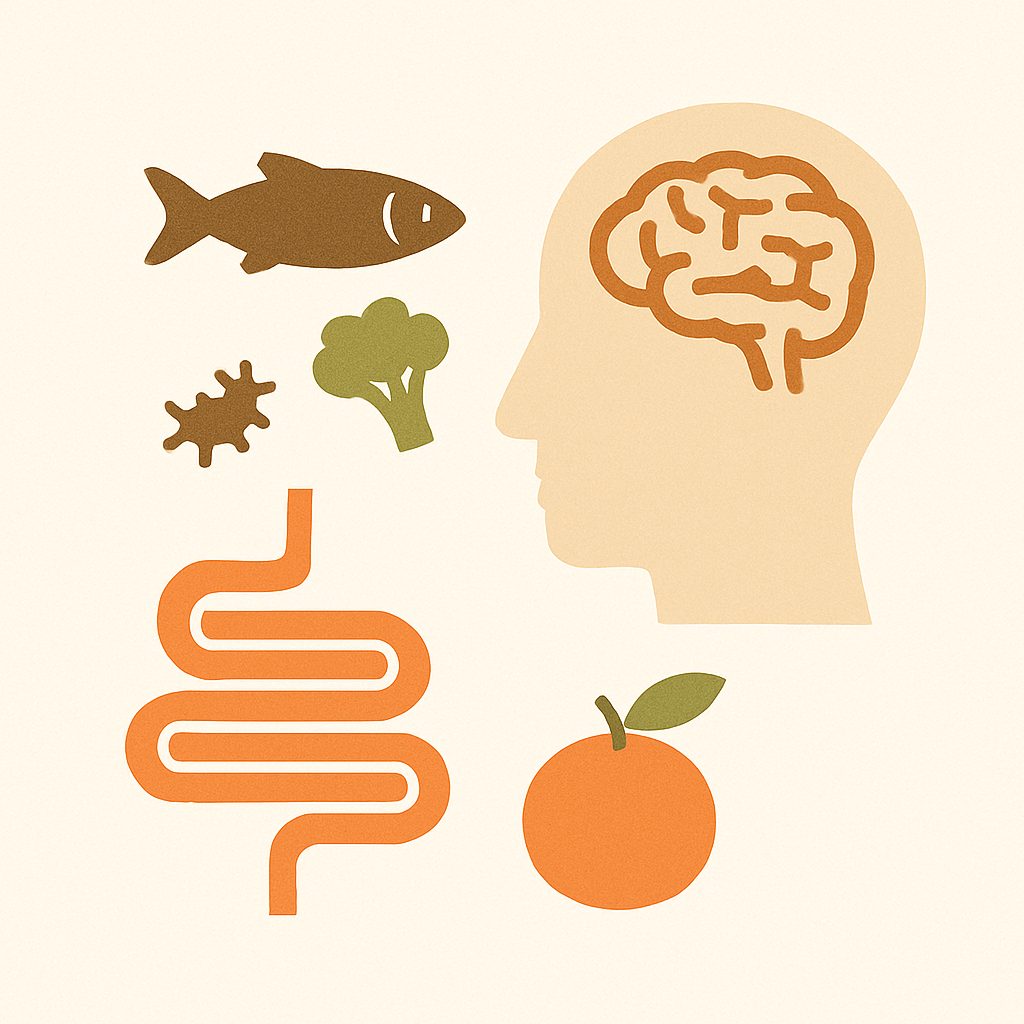Die Gattung Lactobacillus umfasst grampositive, fakultativ anaerobe Bakterien, die in verschiedenen Umgebungen wie dem menschlichen Darm, der Mundhöhle und fermentierten Lebensmitteln vorkommen. Diese Bakterien spielen eine essenzielle Rolle bei der Aufrechterhaltung eines gesunden Mikrobioms und werden häufig als Probiotika in Nahrungsergänzungsmitteln eingesetzt.
Physiologische Eigenschaften von Lactobacillus
Lactobacillus zeichnet sich durch die Produktion von Milchsäure aus, die das Darmmilieu ansäuert und pathogene Mikroorganismen hemmt. Verschiedene Stämme wie Lactobacillus rhamnosus, Lactobacillus plantarum und Lactobacillus acidophilus sind für ihre hohe Anpassungsfähigkeit, Adhäsion an das Darmepithel und probiotischen Effekte bekannt.
Gesundheitliche Vorteile
Unterstützung der Darmgesundheit
Die probiotischen Eigenschaften von Lactobacillus sind besonders im Hinblick auf die Darmgesundheit relevant. Studien zeigen, dass bestimmte Stämme helfen können, das Gleichgewicht der Darmflora zu stabilisieren, pathogene Keime zu verdrängen und Verdauungsprobleme zu reduzieren.
Immunmodulation
Einige Lactobacillus-Stämme interagieren mit dem Immunsystem und können entzündliche Prozesse modulieren. So wurde festgestellt, dass Lactobacillus casei die Produktion von Zytokinen beeinflusst, die an der Immunabwehr beteiligt sind. Eine randomisierte kontrollierte Studie zeigte zudem, dass Kinder, die mit L. rhamnosus GG supplementiert wurden, weniger Atemwegsinfekte aufwiesen.
Unterstützung bei Laktoseintoleranz
Milchsäurebakterien wie Lactobacillus acidophilus produzieren Laktase, ein Enzym, das die Verdauung von Laktose erleichtert und somit Symptome einer Laktoseintoleranz lindern kann.
Beeinflussung der psychischen Gesundheit (Darm-Hirn-Achse)
Neuere Studien legen nahe, dass Lactobacillus eine Rolle bei der Regulierung der Darm-Hirn-Achse spielt. Insbesondere Lactobacillus helveticus wurde mit einer Verringerung von Angst- und Depressionssymptomen in Verbindung gebracht.
Kardiometabolische Effekte
Studien zeigen, dass bestimmte Lactobacillus-Stämme positive Effekte auf Blutfettwerte, Blutdruck und glykämische Kontrolle haben können. Eine Metaanalyse beschreibt signifikante Verbesserungen des Gesamtcholesterins bei Probanden, die mit Lactobacillus plantarum behandelt wurden.
Unterstützung der Hautgesundheit
Probiotische Lactobacillus-Stämme zeigen auch Potenzial bei der Behandlung entzündlicher Hauterkrankungen. In einer Studie wurde die topische Anwendung von Lactobacillus reuteri mit einer Verbesserung der Symptome bei Akne vulgaris assoziiert.
Fazit
Die Gattung Lactobacillus umfasst eine Vielzahl probiotischer Bakterien mit weitreichenden gesundheitlichen Vorteilen. Ihre Fähigkeit, das Darmmikrobiom zu modulieren, das Immunsystem zu unterstützen, entzündliche Prozesse zu regulieren, psychische Gesundheit zu fördern und sogar die Haut und kardiometabolische Parameter positiv zu beeinflussen, macht sie zu einem wertvollen Bestandteil funktioneller Lebensmittel und Nahrungsergänzungsmittel.
Quellen
Cho YA, Kim J, Cho Y. Effect of Probiotic Lactobacillus on Serum Lipid Profile: A Systematic Review and Meta-Analysis of Randomized Controlled Trials. Nutrients
Derrien M, van Hylckama Vlieg JE. Fate, activity, and impact of ingested bacteria within the human gut microbiota. Trends in Microbiology
Dinan TG, Stanton C, Cryan JF. Psychobiotics: A novel class of psychotropic. Biological Psychiatry
Hill C, Guarner F, Reid G, Gibson GR, Merenstein DJ, Pot B, Sanders ME. The International Scientific Association for Probiotics and Prebiotics consensus statement on the scope and appropriate use of the term probiotic. Nature Reviews Gastroenterology & Hepatology
Hertzler SR, Clancy SM. Kefir improves lactose digestion and tolerance in adults with lactose maldigestion. Journal of the American Dietetic Association
Lenoir-Wijnkoop I et al. Clinical benefits of probiotics in children. Nutrition Reviews
Lew LC et al. Topical application of Lactobacillus reuteri for improvement of acne symptoms: a randomized, double-blind, placebo-controlled study. Frontiers in Microbiology
Marco ML, Heeney D, Binda S, Cifelli CJ, Cotter PD, Foligné B, Hutkins R. Health benefits of fermented foods: microbiota and beyond. Current Opinion in Biotechnology
Messaoudi M, Lalonde R, Violle N, Javelot H, Desor D, Nejdi A, Cazaubiel M. Assessment of psychotropic-like properties of a probiotic formulation (Lactobacillus helveticus R0052 and Bifidobacterium longum R0175) in rats and human subjects. The British Journal of Nutrition
Mohamadi M, Seyed MN, Yazdi FT. Probiotic and immunomodulatory activity of lactobacilli in dairy products. Frontiers in Microbiology
Ouwehand AC, Tiihonen K, Saarinen M, Putaala H, Rautonen N, Salminen S. The effect of probiotics on human immune response. The Journal of Nutritional Biochemistry
Sanders ME, Merenstein DJ, Reid G, Gibson GR, Rastall RA. Probiotics and prebiotics in intestinal health and disease: From biology to the clinic. Nature Reviews Gastroenterology & Hepatology
Swallow DM. Genetics of lactase persistence and lactose intolerance. Annual Review of Genetics




